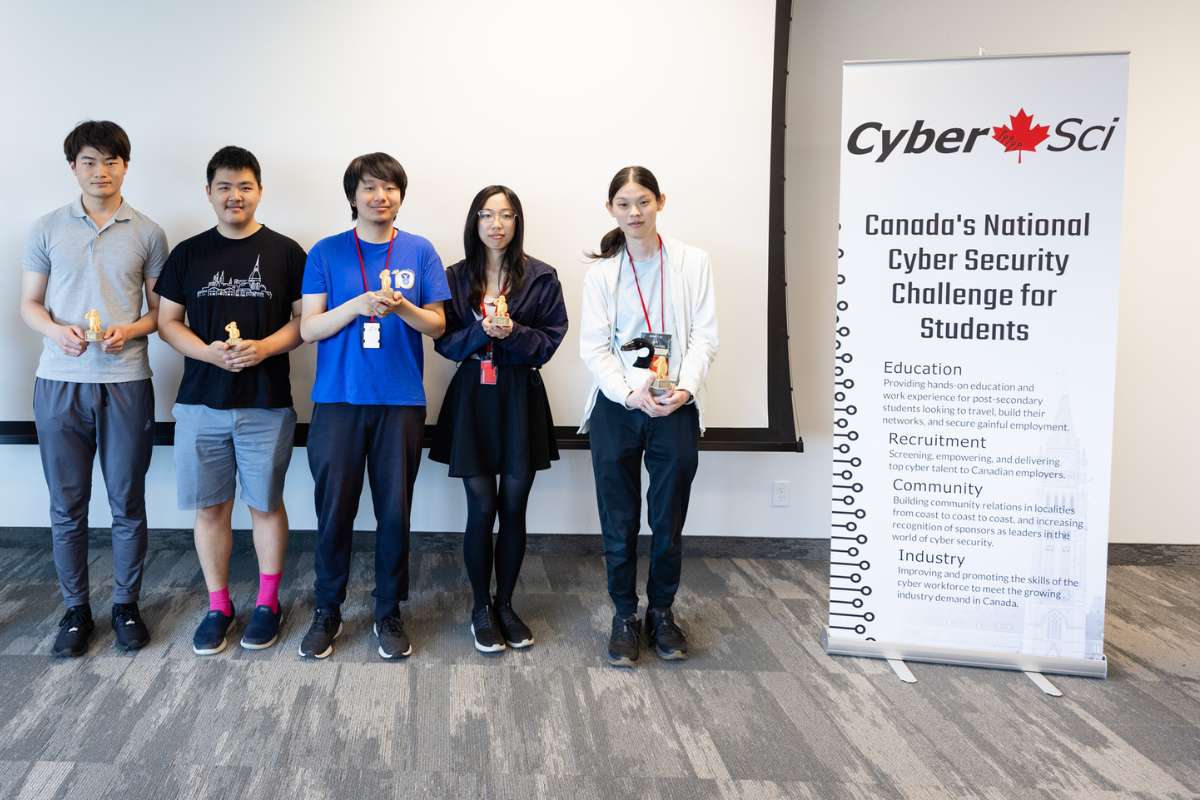Large Language Models: A New Frontier in Cybersecurity
Carnegie Mellon University’s Software Engineering Institute (SEI) and OpenAI have jointly released a white paper shedding light on the potential role of large language models (LLMs) in cybersecurity. These LLMs, which power cutting-edge artificial intelligence (AI) platforms like Google’s Gemini and OpenAI’s ChatGPT, have been hailed for their ability to generate text, images, and code based on human prompts. Over the past year, their applications have surged across various industries, including creative arts, medicine, law, and software engineering.
However, amidst their widespread adoption, concerns have emerged regarding the security implications of deploying LLMs, particularly in the realm of cybersecurity. The burgeoning technology holds promise as a force multiplier for cybersecurity professionals, given its capacity to analyze vast amounts of data and automate certain tasks. Yet, alongside the potential benefits come significant challenges and uncertainties that must be addressed.
Evaluating the Role of LLMs in Real-world Cybersecurity Scenarios
While the allure of leveraging LLMs for cybersecurity is strong, the paper underscores the importance of rigorous evaluation to understand both the capabilities and risks associated with these models. The Carnegie Mellon University SEI and OpenAI researchers highlight the necessity of testing LLMs in real and complex scenarios, rather than solely relying on theoretical knowledge. Evaluating LLMs in cybersecurity tasks should encompass theoretical, practical, and applied knowledge domains, mirroring the standards used to assess human cybersecurity professionals.
In light of this, the Carnegie Mellon University SEI and OpenAI propose a paradigm shift in the evaluation of LLMs, emphasizing the need to move beyond assessing their factual recall abilities. Instead, evaluations should focus on evaluating the model’s aptitude in deploying knowledge effectively, understanding the nuances of cyber operations, and making informed decisions in dynamic environments.
Towards a Framework for Effective LLM Evaluation in Cybersecurity
Developing a comprehensive evaluation framework for LLMs in cybersecurity poses unique challenges. Defining appropriate tasks and generating a sufficient volume of questions require innovative approaches and automation. The white paper lays out four key recommendations:
- Define real-world tasks for evaluation.
- Represent tasks accurately.
- Ensure the robustness of evaluations.
- Frame results appropriately.
By following these guidelines, cybersecurity professionals can shift their focus from evaluating LLMs in isolation to assessing how these models enhance human capabilities within the larger cybersecurity ecosystem.
Promoting Informed Decision-Making in Cyber Operations
The collaboration between the SEI and OpenAI underscores the importance of informed decision-making in integrating LLMs into cybersecurity operations. As these models are expected to complement human cybersecurity operators rather than replace them entirely, understanding their capabilities and risks is paramount.
Shing-hon Lau, a senior AI security researcher at the SEI, emphasizes the need for policymakers to grasp the implications of deploying LLMs in cyber operations. He states, “Policymakers need to understand how to best use this technology on a mission. If they have accurate evaluations of capabilities and risks, then they’ll be better positioned to actually use them effectively.”
In conclusion, as the cybersecurity landscape continues to evolve, the integration of LLMs represents a significant opportunity to bolster defense strategies. However, this must be accompanied by a nuanced understanding of the capabilities and limitations of these models. By embracing a holistic evaluation approach, policymakers and cybersecurity practitioners can navigate the complexities of deploying LLMs effectively and responsibly, thereby enhancing overall cybersecurity resilience.






